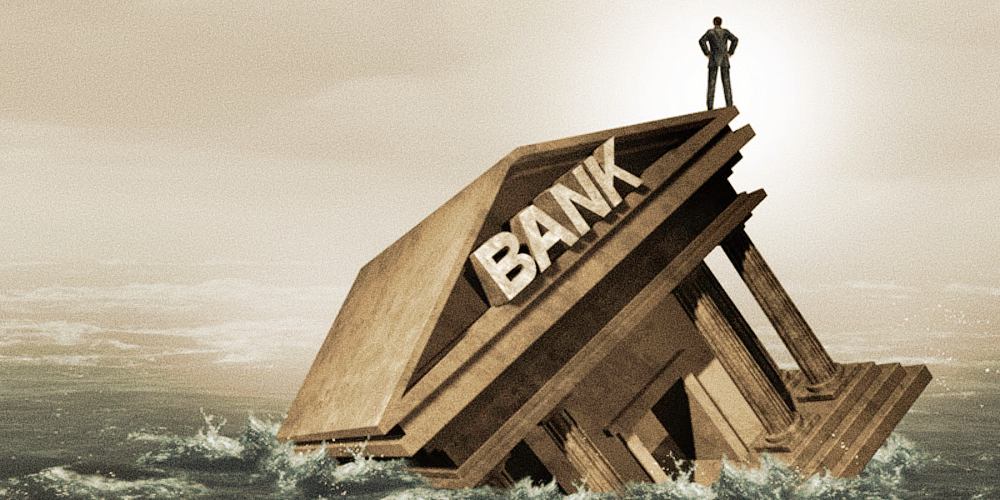The crisis in the United States banking sector is not over yet. Moody’s Investor Services, one of America’s premier credit rating and analysis corporations, has issued downgrades for 11 regional investors.
This development suggests that the recent bank failures have ushered in greater instability in the banking industry. The failures of Silicon Valley Bank and Signature draw attention to regional lenders’ weaknesses.
“Beef Steak” – our most popular survival beef product – is on sale now.
Promo code “steak40” at checkout for 40% off!
According to The Wall Street Journal, Moody’s said strains in how banks manage their assets and liabilities are becoming “increasingly evident,” and are pressuring profitability. Recent events “have called into question whether some banks’ assumed high stability of deposits and their operational nature, should be reevaluated,” the ratings firm said in its report.
Utah-based Zions Bancorporation was among the group of financial institutions that received downgrades, according to a report by Yahoo News. Zions Bancorporation disputed Moody’s assessment that the bank has “significant” unrealized losses on its securities portfolio and its capital has deteriorated, per The Wall Street Journal.
James Abbott, the bank’s director of investor relations, said Moody’s focus on unrealized losses misses the “tremendous value” of Zions’ granular, low-cost deposit base.
“We estimate that value creates more than $5 billion as a counterbalance to the unrealized losses to the securities portfolio,” Abbott said, per the Journal’s reporting.
Earlier this month, Al Landon, assistant dean at the University of Utah’s David Eccles School of Business, told the Deseret News that while he believes the U.S. banking sector is not on the verge of collapse, he does understand the nervousness the recent failures have incited in consumers.
“Overall I continue to believe that the industry is in strong shape and good condition,” Landon said. “But, it’s pretty understandable that when you have multiple, simultaneous shocks that some people would rightfully wonder if there are systemic problems.” -Yahoo News
The banking crisis is having a “slow burn impact” on the economy, according to CNBC. It now appears to be less of a major broadside to the U.S. economy than a slow bleed that will seep its way through and act as a potential catalyst for a much-anticipated recession later this year.
- The Fed, BoA, & Corporate CEOs Are All Warning That A Recession Will Happen This Year
- Gregory Mannarino: The Federal Reserve is “VERY CLOSE TO CBDC ROLLOUT!”
Once the economy has been systematically destroyed, the banks will be able to introduce the central bank digital currency to control the masses and ensure they cannot step out of line even if they wanted to. The total domination of humanity is on its way.
Article cross-posted from SHTF Plan.




The article only mentions one bank. Who are the other ten banks?
My question as well.